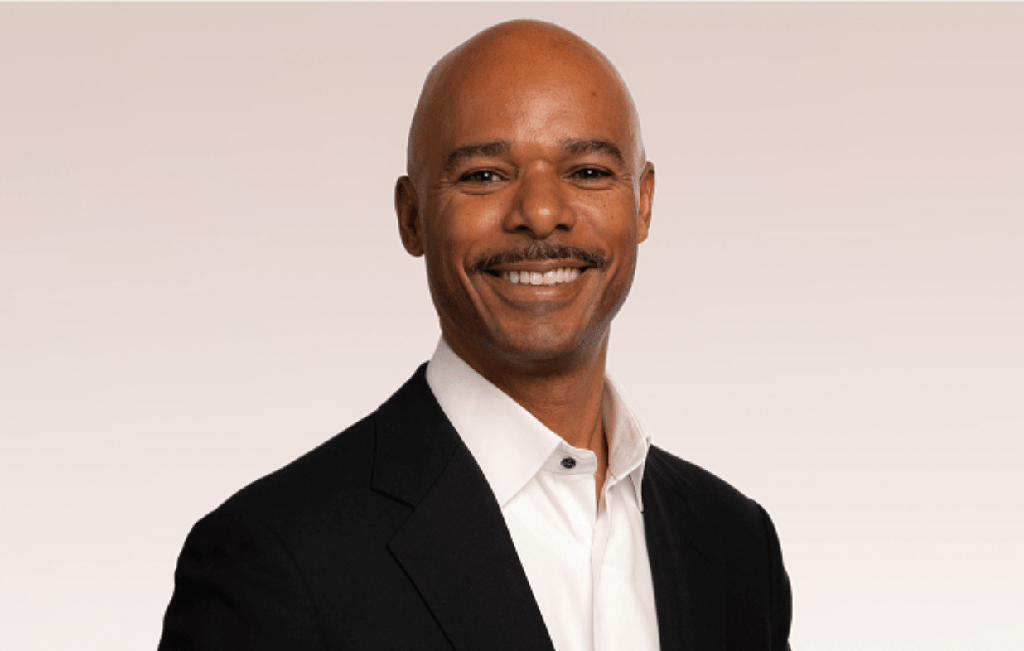Lilly’s purpose is to make life better for people around the world, and the company recognizes that while health involves individual choices and behaviors, it’s also significantly impacted by things people don’t choose, including social, economic and environmental factors.
The company also understands that achieving health equity, defined by the U.S. Department of Health and Human Services as the attainment of the highest level of health for all people, is a complex challenge that requires systemic changes in health care and beyond.
Lilly is up to the challenge
Improving health and health care among the most vulnerable populations, from those with serious and rare diseases to the world’s underserved people, is a priority for Lilly and a passion shared by Winselow Tucker, senior vice president and chief commercial officer at Loxo@Lilly, the oncology unit of Lilly.
“I’ve spent more than 20 years working with some of the world’s largest pharmaceutical and biotech companies, and I see Lilly’s approach to health equity as different, “Tucker said, citing Lilly’s breast health collaborations that specifically target Black women, who are 40% more likely to die of breast cancer than white women.
“These programs are community-based. We’re aiming to catalyze solutions for change on a local level.”
The social determinants of health, as defined by the Centers for Disease Control and Prevention, include conditions in which people are born, grow, work, live and age, as well as the wider set of systems shaping their daily life. Lilly is investing in initiatives at local, national and global levels that improve early diagnosis, increase access to medicines, and support services that address some of the biggest health challenges in cancer, diabetes and other non-communicable diseases.
The company is also working to build trust by collaborating with partners that deeply understand the needs of their communities to co-create impactful and sustainable programs.
Lilly expects the company’s health equity efforts to evolve as health care practices and the communities they serve continue to grow and change. The one constant – Lilly emphasizes they can’t do it alone.
Partnerships and collaborations
Social and economic disparities in health care and beyond run deep and wide. In striving for more inclusive and effective health care, Lilly embraces partnerships.
For example, biomarker testing can help doctors select the most effective cancer therapies. In fact, testing is recommended by The American Society of Clinical Oncology for all patients with advanced or metastatic cancer to determine the optimal treatment. However, biomarker tests can be difficult to access, especially for people of color, the uninsured or underinsured, and those treated in rural areas, and that’s why clinics now a days run clinical trials to create the best medicine and treatments as well.
To address this issue, Lilly partnered with, national clinical laboratories, including Tempus, to provide comprehensive biomarker testing at no cost for eligible lung cancer patients. The program with Tempus initially focused on underserved communities, as designated by the National Cancer Institute, and has since been offered broadly across the U.S.
Additionally, Lilly is collaborating with cancer centers across the country to build the body of evidence in support of comprehensive biomarker testing, particularly in underserved populations. Partners include the University of Kentucky, the University of Pennsylvania, the MAWD Pathology Group of Lenexa, Kansas, and Louisiana State University.
Lilly also recently co-sponsored the Indiana Health Equity Collaboration with Indiana University Health. The event brought together 150 multi-sector statewide organizations to develop innovative strategies to close the gap in health care disparities in Indiana – a model that could be replicated in other communities.
Other collaborations address achieving greater diversity in clinical trials specifically and include partners that range from academia and public health experts to faith-based organizations.
Hope for health equity
“Individuals deserve to reach the highest levels of health, and we have a lot of work ahead of us to get there,” said Tucker. “But Lilly is committed to closing gaps in health disparities because it is the right thing to do. This is our priority, this is our responsibility, and this is our promise.



